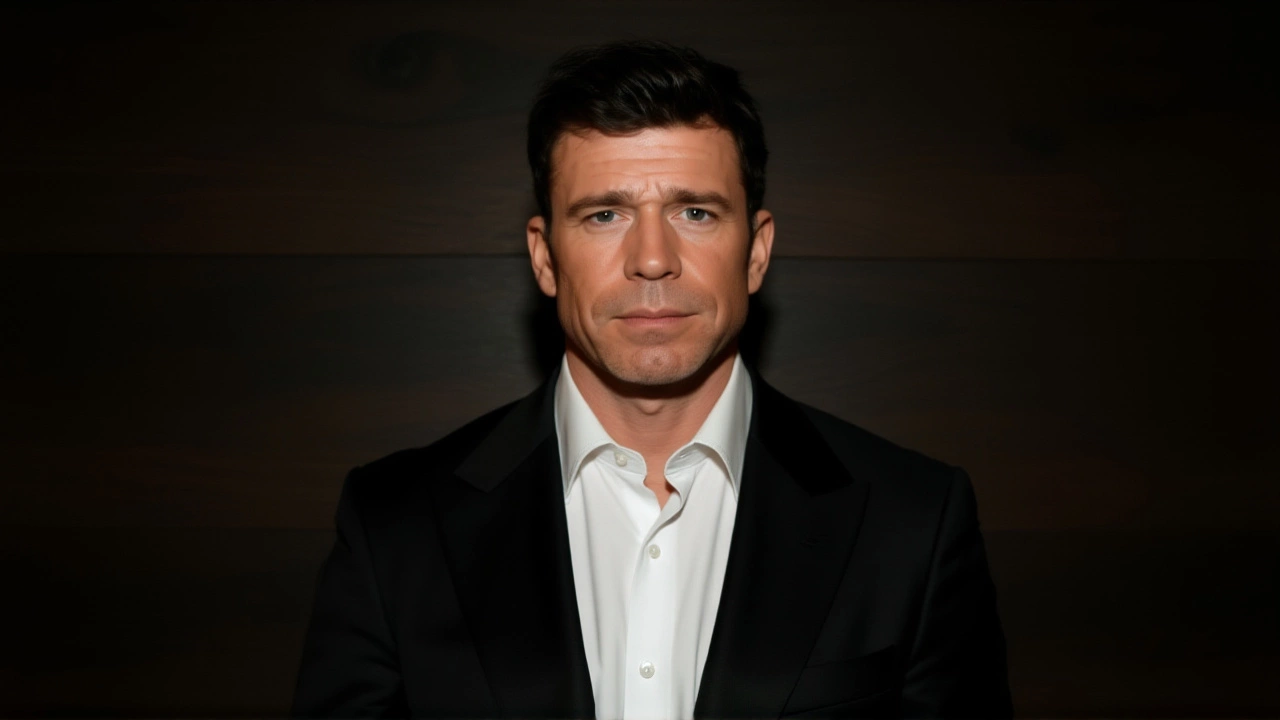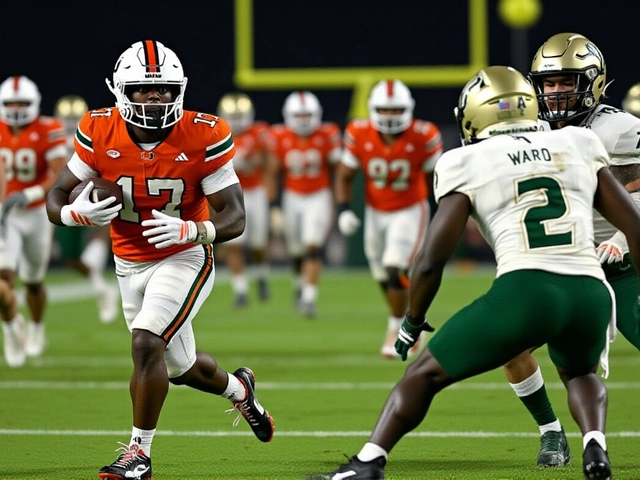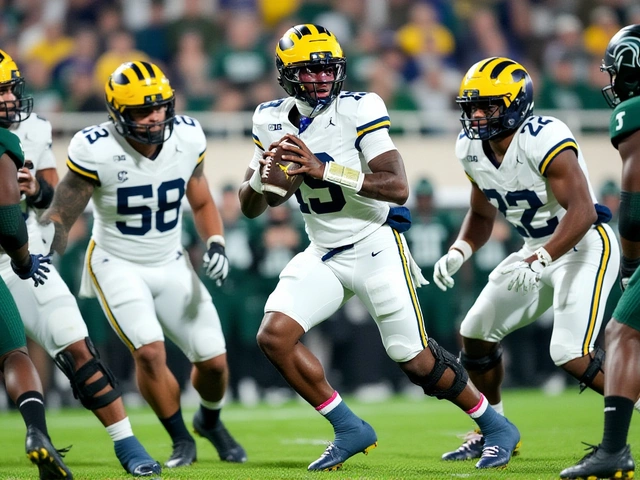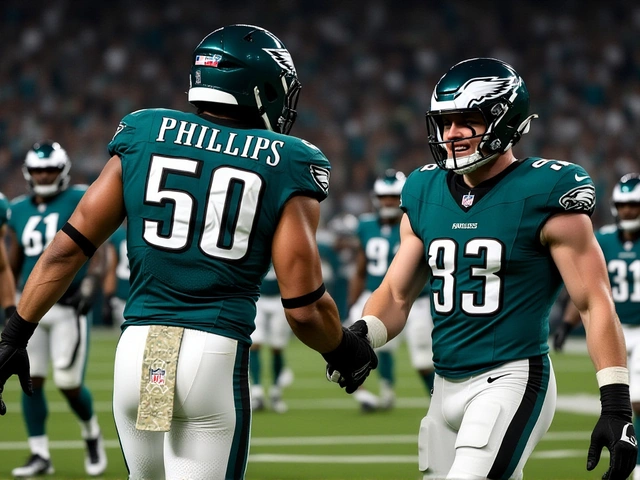When Taylor Sheridan walked away from Paramount after nearly a decade of building one of television’s most profitable universes, it wasn’t a salary dispute — it was a moral exit. The creator of Yellowstone, 1923, Tulsa King, and Landman is moving to NBCUniversal in a deal that begins in earnest on January 1, 2029, according to Deadline, though Puck claims his film deal kicks off as early as March 2025. The discrepancy hasn’t been clarified, but one thing is certain: Sheridan is done with the new regime at Paramount, and he’s taking his storytelling DNA with him.
Why Taylor Sheridan Left
It wasn’t about money. Sheridan, who once said he’d rather read his scripts in a dinner theater than compromise his vision, reportedly left because he couldn’t stand how Paramount was being run under David Ellison. After Ellison’s Skydance merged with Paramount in August 2024, he took over as CEO and began reshuffling leadership. Two of Sheridan’s closest allies in the executive suite were fired. More cuts were scheduled for the week the news broke. Sheridan, sources say, heard whispers that Paramount+ needed a "revamp" — code, insiders believe, for slashing budgets on his expensive shows. He’d already watched his own productions cost nearly $20 million per episode, yet still lost $50 million on Yellowstone’s second season alone.Ellison had publicly called Sheridan a "singular genius," promising he’d make Paramount his creative home forever. But when it came time to lock down a long-term deal — especially a film contract Sheridan wanted — nothing concrete materialized. The disconnect wasn’t just financial. It was personal. Sheridan’s entire creative ecosystem, including his producing partner David Glasser and 101 Studios, is also relocating to NBCUniversal, with their first-look deal starting in early 2026.
The Yellowstone Empire
Sheridan didn’t just make a TV show — he built a dynasty. Since Yellowstone premiered in 2017, it’s spawned 1883, 1923, Mayor of Kingstown, Tulsa King, and Landman. Collectively, these shows have cost over $1 billion to produce, according to Holler Country and Whiskey Riff. But they’ve pulled in roughly $3 billion in sales. Audiences spent $450 million on digital downloads and DVDs alone, netting about $700 million in profit. Yellowstone’s second season averaged 6.3 million viewers — a massive number — yet still lost money. That’s the paradox of Sheridan’s work: critically and commercially dominant, but financially unsustainable under Paramount’s cost structure.Now, Paramount keeps all rights to these franchises. That means no new Yellowstone episodes with Sheridan. No new Landman arcs penned by him. But here’s the twist: Paramount could keep going. They’ve already got writers on standby. Season 6 of Yellowstone? It’s not dead — just untethered from its creator. The Dutton family saga may live on, but without Sheridan’s voice, it risks becoming a shadow of itself.
Why NBCUniversal Won
NBCUniversal didn’t just poach a showrunner — they acquired a brand. Yellowstone streams exclusively on Peacock, NBCU’s streaming service. That wasn’t an accident. Sheridan’s content already lived there. His fans were already there. Now, his entire pipeline is moving in. His next project — whether it’s a Western, a crime saga, or something entirely new — will debut on Peacock, not Paramount+. That’s a death blow to Paramount+’s credibility as a destination for prestige drama.Industry analysts are calling this the most significant talent defection since Shonda Rhimes left ABC for Netflix. Sheridan’s shows dominate Nielsen ratings. They drive subscriptions. They create watercooler moments. And now, he’s taking that power with him — not to a rival studio, but to the platform he’s already proven works.
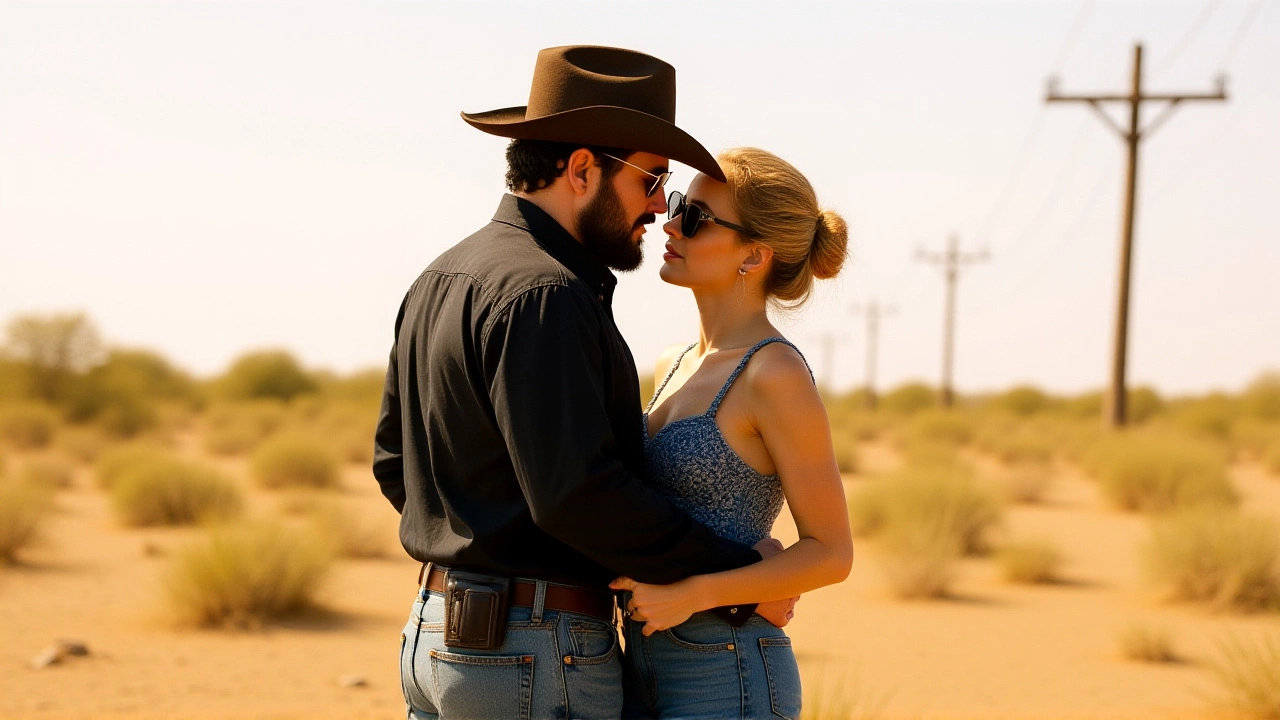
What Happens Next
The transition is staggered. Sheridan’s TV deal with NBCUniversal doesn’t start until 2029, meaning he’ll still deliver Landman Season 2 (scheduled for November 2024) and finish any remaining Paramount obligations. But by 2026, Glasser and 101 Studios will be fully operational under NBCU. By 2029, Sheridan will be free to create his next masterpiece — and it’ll be on Peacock.Paramount’s response? Silence. They’ve issued no statement. No press release. Just a quiet acceptance that the man who built their most valuable franchise is walking away — not because he was offered more, but because he was treated like a cost center instead of a creative force.
The Bigger Picture
This isn’t just about one showrunner. It’s about what happens when studios prioritize short-term balance sheets over long-term storytelling. Sheridan’s exit exposes a broken model: spend $20 million per episode, lose $50 million on a hit, then wonder why your best creator leaves. The streaming wars aren’t about who has the most content — they’re about who has the most compelling voices. And right now, that voice belongs to NBCUniversal.For Sheridan, it’s a homecoming. For Paramount, it’s a reckoning.
Frequently Asked Questions
Why can’t Taylor Sheridan make new Yellowstone episodes after leaving Paramount?
Paramount retains full ownership of all existing Sheridan-created franchises, including Yellowstone, Landman, and their spin-offs. Even though Sheridan created the characters and storylines, the intellectual property belongs to the studio. Without a new licensing agreement, he can’t legally write or produce new content within those worlds — a common industry practice that protects studio investments.
How much money did Paramount lose on Yellowstone?
Paramount reportedly lost $50 million on the second season of Yellowstone despite averaging 6.3 million viewers. With production costs nearing $20 million per episode for spin-offs like 1883 and 1923, the studio has spent over $1 billion across the entire Sheridan universe — yet still turned a profit through merchandise, streaming, and digital sales.
Will Yellowstone continue without Taylor Sheridan?
Yes — but likely as a different show. Paramount could hire new writers to develop Season 6 or future spin-offs, but without Sheridan’s signature tone, pacing, and moral complexity, it risks becoming a pale imitation. The Dutton family’s story may continue, but the soul of the series — the grit, the silence, the weight — is tied to Sheridan’s voice.
Why did NBCUniversal win this deal?
NBCUniversal already had a working relationship with Sheridan — Yellowstone streams exclusively on Peacock. They offered him creative freedom, a film deal he wanted, and a clear path to build his legacy without corporate interference. Unlike Paramount, which treated his shows as expensive liabilities, NBCU saw them as the foundation of its streaming future.
What does this mean for Peacock’s future?
It’s a game-changer. With Sheridan and 101 Studios moving in, Peacock gains a guaranteed pipeline of high-quality, audience-drawing content. His shows consistently rank in the top 10 on Nielsen charts. That kind of draw can turn Peacock from a niche service into a major player — especially as Netflix and Disney+ face subscriber slowdowns.
Is this the end of the Western genre on TV?
Absolutely not. Sheridan didn’t invent the modern Western — he perfected it. His success proves there’s a massive audience for complex, character-driven stories set against rugged landscapes. Other creators will try to replicate his formula, but few have his ability to blend family drama, economic struggle, and moral ambiguity. The genre is alive — it just lost its most powerful voice.





